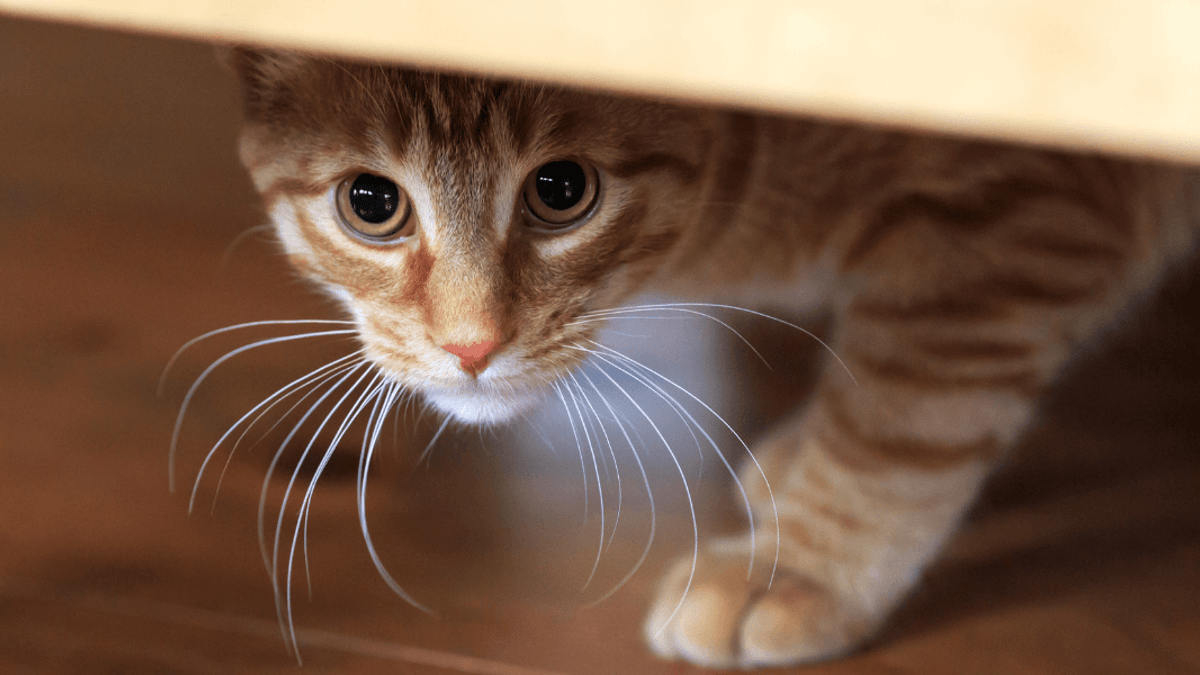
To speak is the former deputy minister of health.
© Osaze Cuomo / Shutterstock
Posted on
Il Covid-19 officially arrived in Italy in February 2020. The Coronavirus, however, had certainly already been in circulation for months, when the first local case was discovered. So many theories have been made about the spread of the disease and the governments of the internal world have found themselves facing something never seen before, trying to find any kind of solution.
The statements of theformer Deputy Minister of Health of the United Kingdomwho recounted what the British government would have been willing to do in order to defeat the pandemic.
Drastic measures
Former deputy health minister James Bethell revealed that the British government had considered the idea put down all domestic cats to contain the spread of the Coronavirus during the early stages of the quarantine.
At the time, it was feared that cats could transmit the virus. The government had even advised cat owners not to kiss their pets after they discovered a Siamese cat had tested positive for the disease. Pet owners were advised to “observe very careful hygiene”.
No Covid danger with felines
However, the government had stated that there was no evidence that the cat had transmitted the virus to its owners. In fact, it was more likely that the animal had contracted it from its owners, who had previously tested positive for Covid. The cat and his owners made a full recovery and no other pets tested positive.
According to the pet charity, Cats Protectionthere are more than 10.8 million pet cats in the UK, with about 26% of households having at least one resident feline friend. Luckily for British cats and their owners, the government’s proposal was never implemented.
Read also: Antibodies against Coronavirus in dogs and cats: the study

